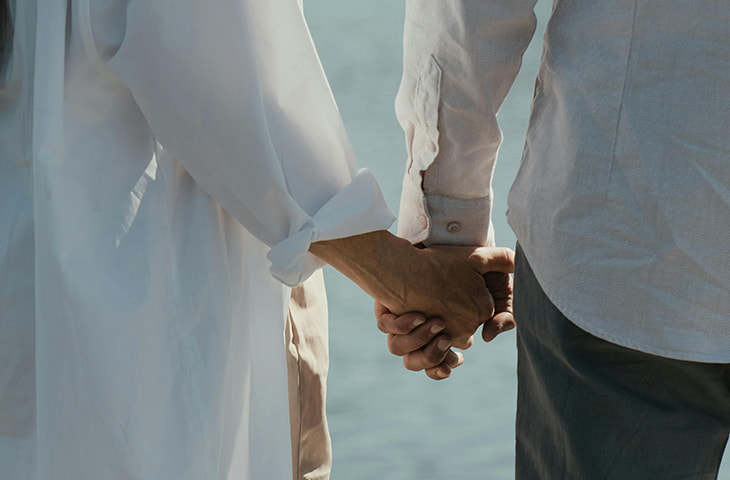Lonely Men Aren’t Owed Romance

Lately, it seems like social media has been enamoured with lonely men. Influencers promote courses on ‘alpha malehood’ and claim to help their clients attract women, podcasters comment endlessly on the repercussions of toxic masculinity and TikTok therapists offer coping mechanisms tailored to men. This portrays male loneliness as an epidemic.
However, fixating on male loneliness is somewhat disingenuous — in reality, men and women are equally lonely. According to a recent Pew Research Center survey, 16% of American men say they’re lonely all or most of the time; however, so are 15% of women surveyed. Yet there’s little talk of a “female loneliness epidemic,” likely because women are more likely to turn to their social networks for emotional support and connection.
While women turn to their friends, lonely men are often sold the idea that their loneliness comes from a lack of a romantic partner. Social media influencers like Andrew Tate simultaneously belittle men for having emotions and promote misogyny in the form of dating advice, conflating attracting women with masculinity. Platonic relationships between men aren’t given nearly the same stature. As a result, women have come to be perceived as the solution to male loneliness while being equally lonely themselves.
Robert Lewis is an Austin-area licensed professional counselor who specializes in men’s issues. He argues that humanity as a whole is facing a rise in loneliness due to a lack of social connection.
“We’re taught to pursue comfort and ease and to avoid anxiety, but comfort is the birthplace of anxiety,” said Lewis. “I think the result of that is people aren’t engaging in difficult conversations. We are hypersensitive to feelings that we don’t want to feel, so we’re not actually engaging in the conversations that are needed, the conflict that’s needed to build depth of connection.”
Stereotypes about masculinity might make finding an emotional connection more difficult. Men are often told that manhood goes hand-in-hand with stoicism, strength and self-mastery. In the echo chamber of the internet, it’s easy for this rhetoric about women to slip into something more sinister. As a result, it’s becoming increasingly vital for men to be vulnerable with themselves and each other.
“Guys aren’t known to be emotionally open, and they’re not expected to be,” said biomedical engineering freshman Jash Bhalani. “It’s not my first instinct to be emotionally open. And I guess the stigma might have something to do with that. That’s a barrier you cross. But I feel like once you get to know someone well, if you’re really friends with the people around you, then you can talk about (emotions).”
Men can practice emotional openness by taking small steps to incite deeper conversation, prioritizing male friendships and reaching out to their social network when they struggle. Sharing experiences, fostering community and navigating difficult feelings together is a powerful way for men to help each other. Lewis emphasizes the solution to male loneliness comes from within, despite online narratives.
“It was like men were suddenly being given permission to engage with their feelings over the last 10 years,” Lewis said. “And then there was this hyper swing back the other way from the ‘Andrew Tates’ of this world, who are like, ‘Now all the men are absolute wusses.’ Ultimately, learning to engage with your feelings and still keep moving forward is the goal.”
Romance won’t serve as a golden ticket to happiness, and relationships with women won’t end male loneliness. Ultimately, the first step to ending the loneliness epidemic is seeking out vulnerable, authentic, and difficult human connections, no matter what form they take.
Tuscano is a government freshman from Round Rock, Texas.
Popular Products
-
 Ailke Brightening & Hydrating Rose Fa...
Ailke Brightening & Hydrating Rose Fa...$47.99$32.78 -
 Pheromone Long Lasting Attraction Per...
Pheromone Long Lasting Attraction Per...$88.99$61.78 -
 Fragrance Oil Gift Set for DIY Candles
Fragrance Oil Gift Set for DIY Candles$88.99$61.78 -
 Bluetooth Aroma Diffuser With 400ML O...
Bluetooth Aroma Diffuser With 400ML O...$178.99$124.78 -
 Crystal Glass Rose Table Decoration w...
Crystal Glass Rose Table Decoration w...$137.99$95.78